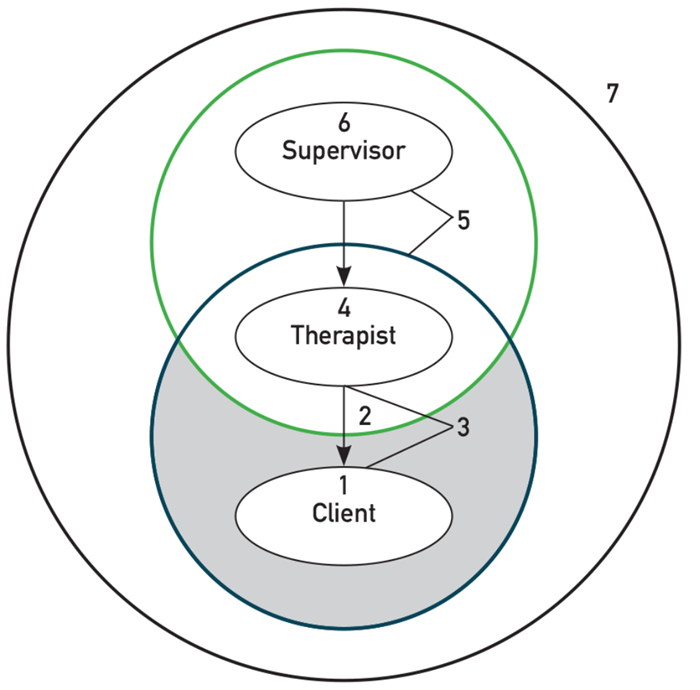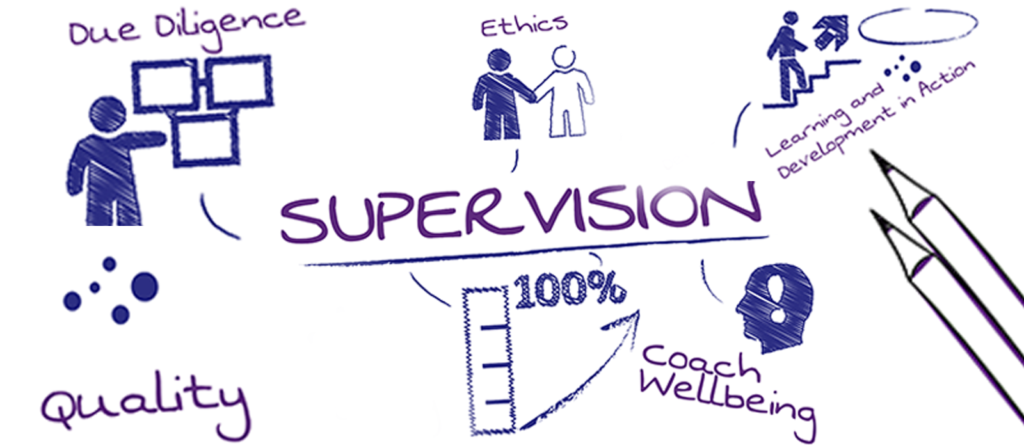07733366644 or darrenbottrill@futuredays.org.uk
Counselling Psychotherapy Supervision.
Clinical Supervision Experience
I have over 30 years experience as a supervisor and trainer, as well as qualification in both. As a BACP Senior Accredited Clinical Supervisor of counselling and psychotherapy, I supervise therapists both individually and in group supervision. In addition to supervision and training qualifications I am also a Level 3 Skilled Advisor – see http://www.open.ac.uk/business/vocational-qualifications/qualifications/level-3-nvq-certificate-advice-and-guidance
For further information about my background see – my About page.
Values and beliefs that underpin my supervision practice.
My most treasured human value is humility. By accepting ourselves and others we can create a space devoid of shame from which we can grow unencumbered by ego. Integrity and equality further a working relationship that can thrive on trust and honesty. A clinical supervisor should above all, be be an ally.

Mutual Therapeutic Learning and Development
I approach each piece of supervisory work with curiosity and desire to explore the vast palette of learning and developing my own understanding as well as, that of my supervisees. My willingness to share my own experience, further invites my supervisees to be open and transparent with theirs. I am forever learning from my clients, supervisees, peers and supervisors.
Whenever I come across something new and interesting I will research, discuss and debate. I have a diploma in counselling and psychotherapy supervision but I continue learn and embrace new perspectives. Human beings have a propensity to label, categorise and define in a way that is limiting and often prejudicial. One of our greatest failings is to assume. I embrace the position of ‘not knowing’ which creates a space to accept knowledge and perspectives which are often lost in the expediency of assumption. The purpose of counselling supervision is the growth of practitioners’ expertise in the service of our clients and of our therapeutic community. I both support and challenge my supervisees to be the best they can be by exploring possibilities, outcomes and alternatives.

Respectful Supervision
A secondary, and yet important, gain is growth of the supervisor both in terms of experience and from sharing another’s perspectives and methods. Supervision should be a place of sanctuary, safety and nurture. I treat my supervisees with love and respect and pride myself in never purposefully or knowingly shaming my clients or supervisees. Sharing my “mistakes” openly and viewing them as learning opportunities helps humility, often leading to humour. I encompass an eclectic mix of theory, interventions and philosophies and encourage my supervisees to work with the whole client – body and mind, by exploring, questioning, challenging and learning.
Underpinning my philosophy on working with both supervisees and clients is what I believe to be a sound ethical viewpoint. I quote Eric Bern’s central principle, “Above all do no harm.” As a long time accredited Bacp member I work within the ethical framework. From the ethical principles I particularly hold dear the idea of “Justice and Self Respect.” These principles fit my belief that we should work as equals for the greater good, as well as our individual growth; with integrity, honesty and above all humility.
The knowledge base that informs my work with supervisees?
My core model was Transactional Analysis (TA), which is also an integrated psychotherapy. TA’s origins are in Psychoanalysis, with a strong developmental tradition. TA also, incorporates Gestalt in many of its’ interventions and has theoretical concepts with based in cognitive and behavioural philosophies. Additionally, TA has developed a strong emphasis in relational psychotherapy.
As well as a sound understanding of my core model, I have studied Body Psychotherapy, Meditation, Gestalt, CBT, Person Centred Counselling and EMDR. I have a working knowledge of several disciplines which allows me to work with a variety of different therapists and find common language.
I can utilise a knowledge of learning styles to adapt my presentation to the needs of the individual. For example, therefore whenever there is need for educational repair, I will use case studies or stories to give a practical application to any needed learning.
As a supervisee I have had the honour of working with renowned and accomplished supervisors in the fields of TA, Body Psychotherapy and EMDR. Therefore, the modelling I received has informed my philosophy and their methods stay with me today. As a supervisor, Clarkson’s 7 level model best fits my approach and philosophy. The levels can all form part of supervision.
The boundary between supervision and personal therapy.
As well as working with case material, my work with supervisees may include identifying their own personal (not professional) development. Are there any areas of their own personal development that need addressing? While these are unlikely to be addressed directly in supervision, we may identify areas for exploration/development that may impact on the supervisees work. These can then be explored further, outside of the supervisory relationship. I also work with the professional development of the supervisee. How do they wish to grow their business? What new skills might they need? In what way might they specialise?
Contracting in Clinical Psychotherapy Supervision
I like to have an over-arching contract with my supervisee that relates to their direction and development, in order to progress their professional development.
When working with case material I like to consider some of the following.
Contract with Supervisee (What do they want).
Method of Supervision (Verbal report, role play etc).
Client Background/History (social factors, childhood, current relationships, values).
Client Presentation (body language, appearance, emotional expression, energy/pace).
Therapeutic Contract (Overall and/or sessional).
Diagnosis and Treatment planning.
Safety & Moral/Ethical considerations.
Sessional Reports, Interventions & Progress
Therapeutic Relationship (Transference, ego states, trust.)
Supervisee learning & Growth
Outcomes & Future Therapeutic direction.
We gather knowledge from study, research and experience along with, observation and interaction. By Developing our knowledge base and then integrating it into practical experience we can grow our effectiveness as practitioners. I have been a supervisor for 30 years’ in the commercial world, as well as in statutory provision of mental health services and as a therapy supervisor.
Humility to avoid assumptions and above all, keep an open mind, enhanced by, an endless enthusiasm to learn, keeps my work fresh and new.